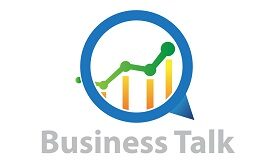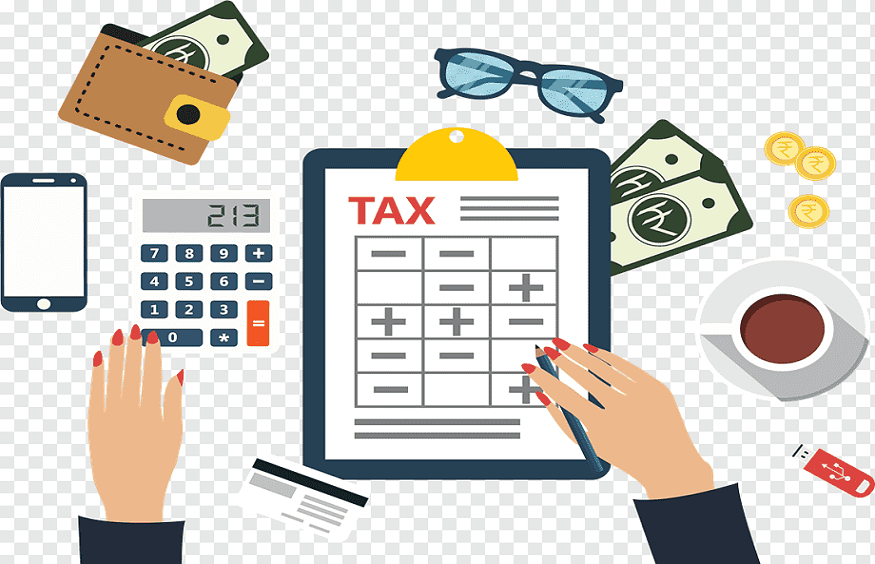Many people want to run their own small business, but it is important to know how much it costs to do so. Taxes are an area that new business owners often get lost in.
Taxes might not be the most fun part of having a business, but ignoring them can cause a lot of problems that you did not expect, which can have a big effect on your bottom line. A Twin Falls business accountant can help you understand the complicated world of business taxes and make sure you are always following the latest rules.
The ripple effect of skipping out on taxes can go beyond penalties.
It is possible to get fines and interest from the IRS for not paying your taxes. These can add up quickly and make it hard to pay your bills. However, not paying also has secret costs, like hurting a company’s credit score, which makes it hard to get loans for things like new tools or business growth.
If you have bad credit, you may have to pay more for loans. Not paying your taxes can also get you in trouble with the law. If business owners knowingly fail to pay their taxes, the IRS may fine them or even charge them with a crime.
These court battles can be expensive and take a lot of time, which takes away a lot of resources from the business. To escape these secret costs, it is very important for business owners to pay their taxes on time.
The power of tax advantages.
A lot of small business owners do not know that the tax code has many benefits and credits that can lower their tax bill by a large amount. When these tax breaks are used, they can free up important resources that can be put back into the business.
Some tax breaks that can help small businesses are listed below:
- Home office deduction: If you run your business out of your home, you might be able to deduct some of the costs of running your home office, like rent, utilities, and internet.
- Tax break for business equipment: You can claim the full cost of approved business equipment that you buy and use during the tax year.
- Startup costs: In the year they start up, businesses can claim up to $5,000 in eligible starting costs.
This is not a complete list of all the tax breaks that small businesses can get, but it does show some of them. Talking to a tax expert can help you find the benefits and credits that are right for your business.
Strategies for smart tax planning.
You can also lower your tax bill over the course of the year by using certain tactics. You can do these things legally, and they will help you keep more of your hard-earned cash.
- Keep very accurate records: To get the most out of discounts and credits, you need to keep good records. Keeping track of your business’s income and spending over the course of the year will give you the proof you need to get all the tax breaks you are eligible for.
- When making business decisions, think about how they will affect your taxes: Sometimes, it is smart to think about how business decisions will affect your taxes. This can save you money in the long run. Choosing whether to buy or rent tools, for example, can have a big effect on your taxes.
- Talk to a professional tax accountant: A skilled tax professional can help you understand the complicated tax code and find ways to pay the least amount of tax possible. They can also help you follow tax rules and avoid making mistakes that cost a lot of money.
Tax avoidance can cost small businesses money and get them in trouble with the law. For long-term success, it is important to know about secret costs and take advantage of legal tax breaks.



